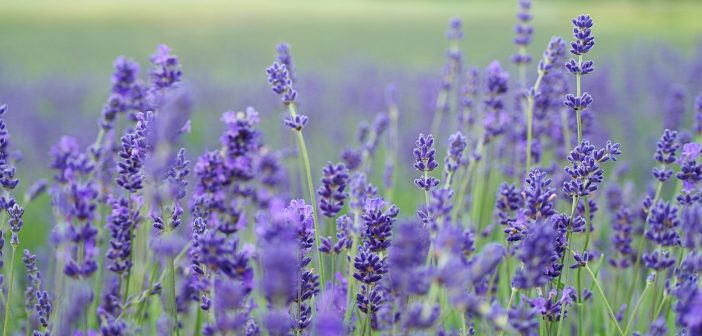Like many parents, I have some concerns about the amount of chemicals my children are exposed to.
This makes me inclined to look to natural alternatives when possible. I grew up with tea tree and eucalyptus oils being used for their anti-bacterial qualities and these oils are staples in my cleaning and first aid routines.
The use of aromatic plant extracts to treat ailments dates back to ancient civilisations. Modern aromatherapy is a popular complementary therapy with many therapists prescribing essential oils for a large variety of complaints.
Essential oils are extracted from parts of plants such as the flowers, stem, roots or bark. Different oils and blends purport different therapeutic benefits. This journal article offers a comprehensive breakdown of the properties of different plants.

The application of oils as a topical treatment or inhaled has long been recommended for things like insomnia, anxiety, depression, muscle aches and nausea. Tea tree, eucalyptus and lavender oil are ingredients in many commercial head lice treatments.
Increasingly, essential oils are being marketed corporately for their medicinal and well-being properties, the companies touting their oils to be pure and organic. International companies such as d?TERRA sell a range of essential oils and associated products such as diffusers, skin creams and supplements. (I must confess to nearly falling off my chair to find a 15ml bottle of d?TERRA Hawaiian Sandalwood was $146.66. It made me glad I can’t stand the smell after burning too much incense in my teenage years!)
While the popularity of these products grow, it is important to note that the scientific evidence around the medicinal benefits of essential oils is inconclusive. The aromatic properties of essential oils make blind trials difficult and studies often show mixed results. Scientific papers in this area point to the need for more substantial research.
Aromatherapy is often used as a complementary therapy to cancer treatment, with many clinical trials undertaken to its effectiveness. Once again, these show mixed results.
It is also important to note that some people can experience negative reactions to essential oils, particularly topical (on the skin) application. There are also some indications that lavender and tea tree oils can have some hormone-like effects when there is prolong topical exposure.
While diffusing essential oils in the home is a harmless pastime that can add an element of tranquillity in your home, in terms of purchasing essential oils for treating specific medical complaints, it is important for consumers to do their research to understand the proven benefits (if any) behind such products.

